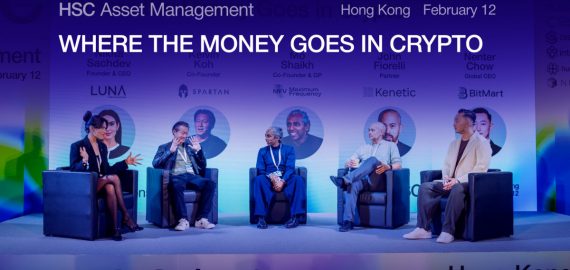The Battle for AI Dominance: Where OpenAI, Google, and Meta Stand


In Brief
AI is undergoing a multi-trillion-dollar tech war, with OpenAI, Google, and Meta racing to dominate models, distribution, and chips, with the winner gaining control over AI’s future.
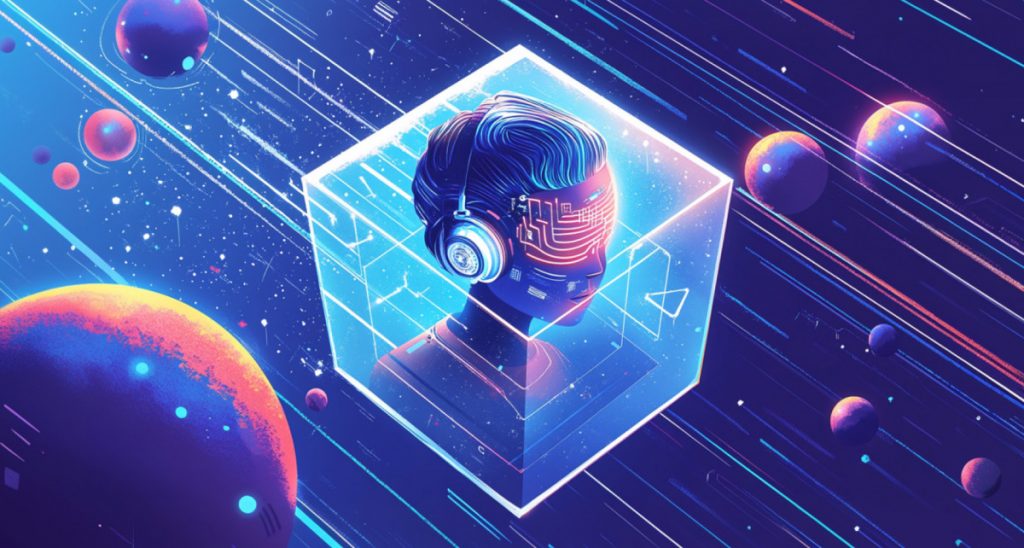
A few years ago, AI was mostly just research papers and experiments. Now it’s the front line of a multi-trillion-dollar tech war. OpenAI, Google, and Meta are all-in. They’re racing to build the best models, dominate distribution, hire the smartest people, and lock down the chips that run it all. The faster they move, the more control they have over what AI looks like in five years.
This is a platform shift, like mobile, cloud, or even the internet itself. Whoever wins here won’t just have a good product, but it will own the foundation that everything else gets built on.
And everyone knows it. That’s why we’re seeing billion-dollar chip investments, mass hiring sprees, and open-source releases that feel more like power plays than community contributions.
OpenAI: the One to Beat
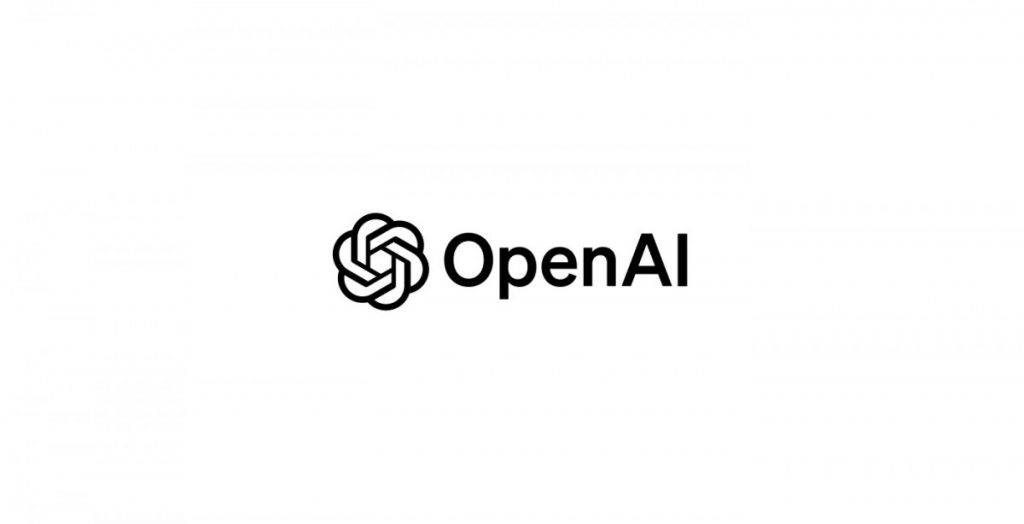
OpenAI is the one that started the war when it launched ChatGPT. This made AI understandable and usable for the masses, and it made other companies follow. Even today, it’s still setting the pace. GPT‑4o made AI faster, smarter, and way more human. Now, GPT‑5 is coming in hot, with early testers saying it handles logic, code, and multi-step reasoning like nothing else. It’s rumored to launch this August.
But OpenAI is also thinking long-term: how do we keep this stuff safe? How will it change jobs? What kind of rules should exist around it? While others rush to catch up, OpenAI is positioning itself as the one building both the brains and the guardrails.
But there’s also pressure. Talent is getting poached by companies like Meta. Infrastructure costs are massive. And competitors are closing in fast. If OpenAI wants to stay ahead, GPT‑5 needs to be transformative once again.
Google: Slow Start, Strong Finish?
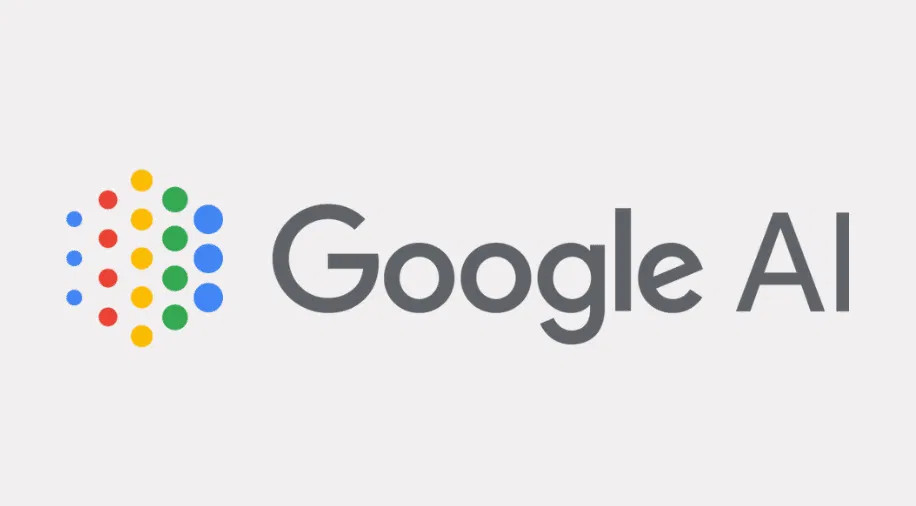
For a while, it felt like Google was sleeping at the wheel. ChatGPT dominated, and Gemini’s early versions didn’t exactly get anywhere close. But things have changed, and they’ve changed fast.
Gemini is now baked into Google Search, Gmail, Docs, and Android. That means over a billion people are using it without even thinking about it. Need a quick summary? It’s already done. Want to rewrite a paragraph? One tap. That kind of reach is Google’s secret weapon: the world’s biggest distribution engine.
And behind the scenes, Google’s investing heavily in infrastructure, multimodal reasoning, and AI agents that can plan and act. They’re building a platform that scales across every screen, every task, and every user. Google’s late push is by far its most powerful play.
Meta: Betting On Scale
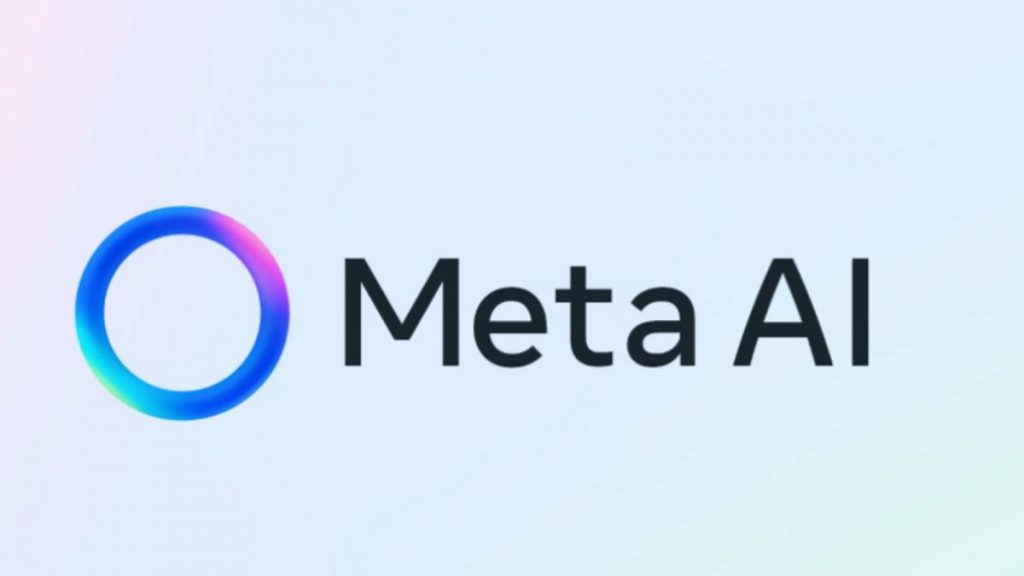
Meta is reportedly spending up to $65 billion on AI this year. That includes a 2-gigawatt data center, one of the biggest on earth, and 1.3 million GPUs. If AI is about compute, Meta wants to own it.
But it’s not just about hardware. They’re hiring top researchers from OpenAI, building massive new models like Llama 4, and launching tools like “AI Engineer”, a model that can write code and contribute to real R&D. Zuckerberg is going all-in, calling 2025 a “defining year” for Meta AI.
They’re also pushing hard on multimodal tech, tools that work across text, image, video, and voice, and deploying assistants inside WhatsApp, Instagram, and Messenger. The plan is clear: if Meta can become your go-to AI on every app you use daily, they win.
What the AI War Is Really About
On the surface, it looks like a race to build the best model. GPT-5 vs. Gemini vs. Llama 4. But when you dig deeper, it’s about something else entirely: infrastructure, distribution, and mindshare.
Each company is playing to its strengths.
- OpenAI leads in model quality and developer love;
- Google has distribution, data, and seamless integration across daily tools;
- Meta is scaling harder and faster than anyone, trying to make AI native to social platforms.
And now, they’re all converging.
- Google has started catching up in model quality;
- Meta’s new Llama models are closing the performance gap;
- OpenAI is getting more enterprise-ready and pushing into apps like ChatGPT Team.
This seems to be a war that could have multiple winners. The real war is about who can build the tools that will be “essential” to every day use, not just cool or useful. That means being everywhere: in your browser, in your work tools, in your group chat, maybe even in your fridge. And the faster they scale, the harder it gets for new players to break in.
What the Experts Are Saying About the AI Race
The people building this stuff aren’t quiet. They’re almost celebrities. And their words give us a pretty clear window into where this is all going.
Sam Altman (CEO of OpenAI) has called a $50 billion annual investment into AGI “a reasonable bet.” He thinks AGI will reshape economies, work, and daily life, and is planning like that’s inevitable. Internally, he’s told employees the real race isn’t just for tech, but for the right talent and mission. “What Meta is doing will, in my opinion, lead to very deep cultural problems,” he said after Zuckerberg’s team poached several OpenAI researchers.
Mark Zuckerberg (CEO of Meta) is taking the opposite approach: build massive infrastructure and pay whatever it takes to catch up. Meta’s new Llama 4 models are engineered for code, video, multimodal tasks, and they’ve reportedly offered up to $100 million to lure researchers from OpenAI. He called 2025 a “defining year” and expects Meta’s assistant to reach over a billion users.
Sundar Pichai (CEO of Google) is betting on distribution. Gemini is now baked into Search, Gmail, Docs, and more, used by 1.5 billion people. His vision: “The future of AI is not about replacing humans, it’s about augmenting human capabilities.”
Satya Nadella (CEO of Microsoft) simply calls AI “the defining technology of our generation.” Microsoft’s deep partnership with OpenAI is central to its long-term strategy.
Jensen Huang (CEO of NVIDIA) frames it as a platform shift, saying: “We are at the iPhone moment of AI.”
What This Means For You
You don’t need to understand code or math to feel the impact of the AI war. It’s showing up in your search results, your email drafts, your news feed, your work apps, and soon, maybe even your operating system. Even if you don’t use it every day, you see stuff produced by AI every single day. No doubt about it.
If you’re a founder, builder, or investor, this is a rare moment. AI tools are rapidly improving. Smaller models like Microsoft’s Phi-3-mini now match the 2022 performance of Google’s massive PaLM, achieving a 142x efficiency gain. Since last year, leading AI systems have scored up to 67 points higher on key benchmarks, and top models now offer advanced text, audio, and image generation capabilities. Whole workflows are being upgraded: 80% of customer support teams are deploying AI, with AI assistants automating tasks like call summaries and ticket routing. Design and R&D aren’t exempt; AI now drives everything from generative mockups in Adobe to fully automated reporting in biopharma research. Early adopters report efficiency gains between 25% and 80%, while those who lag risk falling behind fast.
If you’re a worker or creator, the shift is more personal. You don’t need to “learn AI”, but you probably do need to learn how to use it. Prompt well. Experiment. Find tools that make you faster or smarter. These are your new power tools.
This isn’t a one-company game. It’s not even just a tech story anymore. It’s becoming a foundation layer, like electricity or the internet.
Where This Is All Headed
The AI war is not just OpenAI vs. Google vs. Meta. The war is deciding the next layer of how the world works; from how we search and create, to how we work, play, and learn. The outcomes will touch everyone.
Who “wins” this war might depend less on who builds the biggest model, and more on who figures out how to make it useful, trusted, and available to billions of people. For now, we’re still early. But the pace is picking up. And whether you’re a startup founder, a policy maker, or just someone trying to keep up, it pays to watch closely. Because the next few years might decide the next century.
Disclaimer
In line with the Trust Project guidelines, please note that the information provided on this page is not intended to be and should not be interpreted as legal, tax, investment, financial, or any other form of advice. It is important to only invest what you can afford to lose and to seek independent financial advice if you have any doubts. For further information, we suggest referring to the terms and conditions as well as the help and support pages provided by the issuer or advertiser. MetaversePost is committed to accurate, unbiased reporting, but market conditions are subject to change without notice.
About The Author
Victoria is a writer on a variety of technology topics including Web3.0, AI and cryptocurrencies. Her extensive experience allows her to write insightful articles for the wider audience.
More articles

Victoria is a writer on a variety of technology topics including Web3.0, AI and cryptocurrencies. Her extensive experience allows her to write insightful articles for the wider audience.


















































